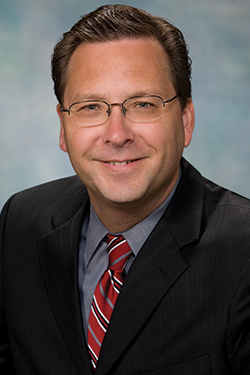Measuring Success in the Community

Measuring performance is integral to an organization’s success. It requires establishing parameters that can measure and chart the progress made towards specific goals, objectives and outcomes. The primary tool the Heart of Illinois United Way uses to measure performance and drive community change is our competitive grant process.
Annually, more than 80 volunteers from diverse segments of the community evaluate local programs requesting funding. Measuring performance is a fundamental part of the grant review process, as it systematically evaluates whether a program is making a positive impact on the clients it serves. The goal of the reviewers is to prioritize and determine funding for programs that can clearly demonstrate the benefits clients have obtained during or after participation in the program, and whether the program makes an impact on critical community needs.
In 2009 and 2010, the Heart of Illinois United Way will fund 104 programs focused on:
- Providing youth with social, emotional and life skills education that results in school readiness and academic achievement
- Providing families with counseling, crisis services, parenting skills and legal support
- Providing self-reliance through housing, job training and preparedness, independent living and life skills education
- Providing health education and prevention, along with treatment and healthcare services.
Several sets of criteria are used to evaluate grant requests, including how well the program is managed, if the agency seeks out opportunities to collaborate with other organizations, whether the program addresses immediate needs as well as focusing on prevention, if there is critical need for the program, if it serves at-risk populations, and if it is fiscally sound and seeks out diversity in funding sources. Funding decisions are not only based on these criteria, but also on how well the program’s outcomes address economic and neighborhood conditions, educational and healthcare systems, and how well the program relates to critical needs identified in our 2008 Peoria Area Community Assessment.
Within the 104 programs being funded over the next year are seven new programs, including tutoring and education at Common Place, the autism early diagnostic clinic at Easter Seals, expanded healthcare services at Heartland Community Health Clinic, babysitter training for children in low-income areas at the Hult Health Education Center and a fitness program at the Pearce Community Center.
For the Heart of Illinois United Way to be viewed as the leader in providing solutions for our community’s health and human service needs, it is essential that we prioritize outcomes and ensure they are being met by the programs we fund. We all win when children succeed in school, families are financially stable and people are healthy. iBi

